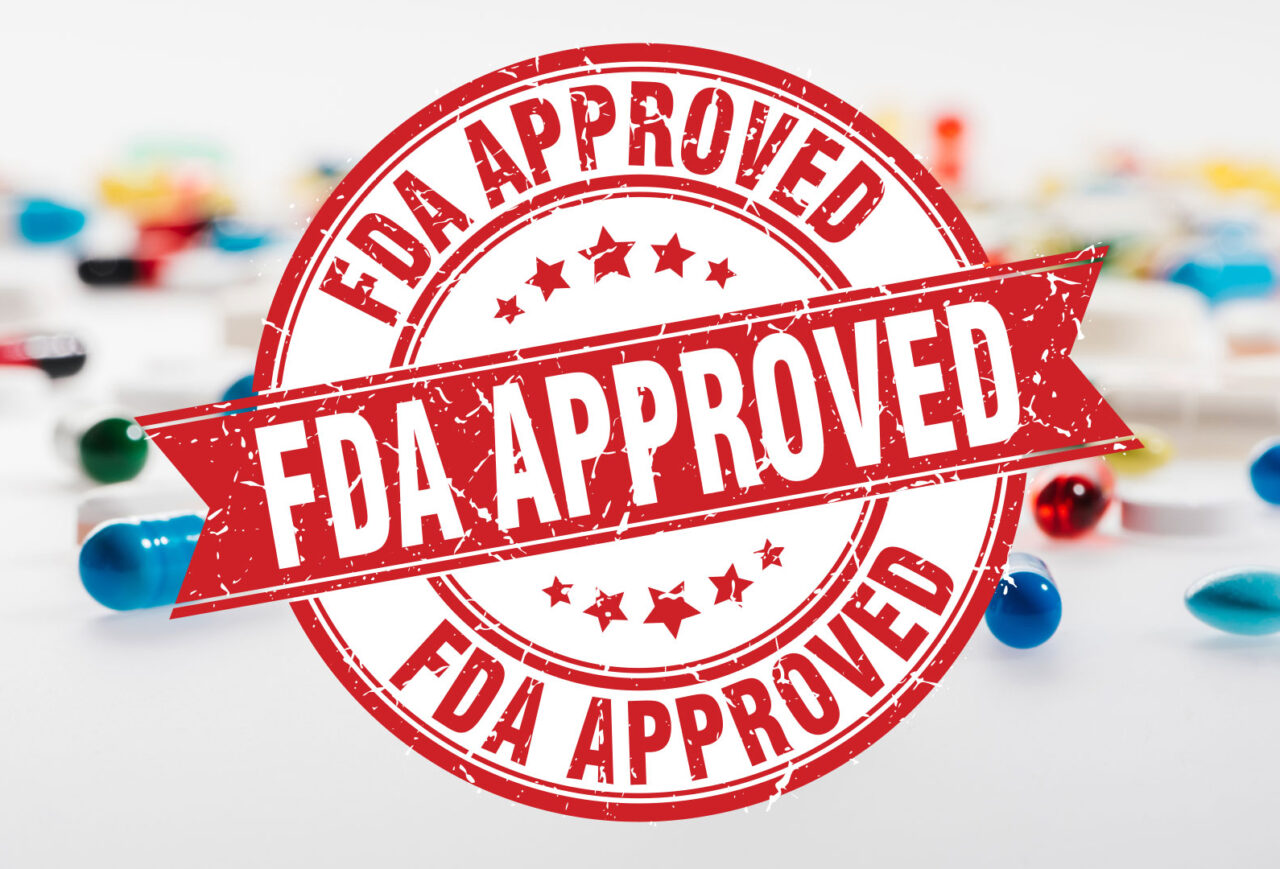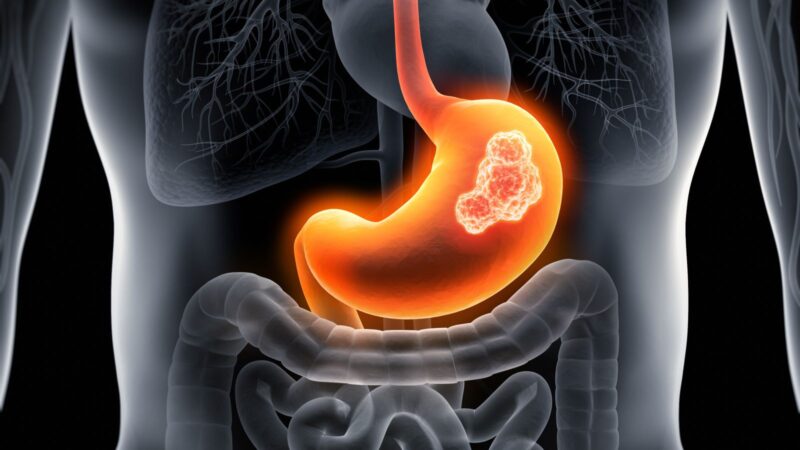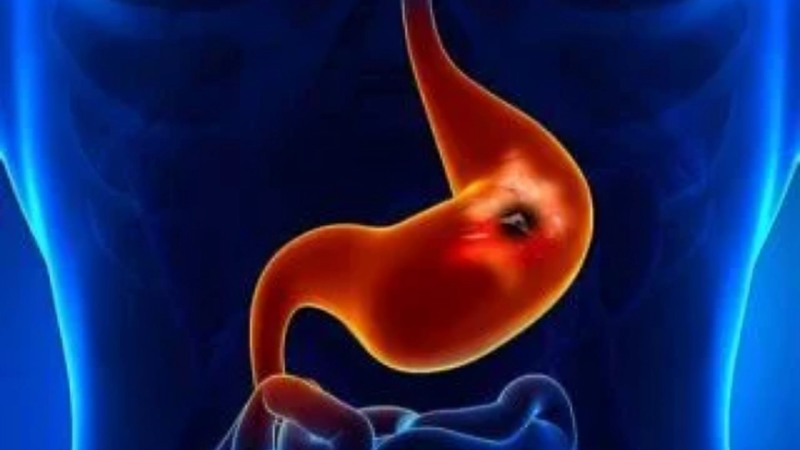The additional indication for first-line treatment of gastric and gastroesophageal junction cancers is supported by the results from BeiGene’s RATIONALE-305 trial, a global, randomized, double-blind, placebo-controlled Phase 3 study.
The trial evaluated the efficacy and safety of TEVIMBRA in combination with chemotherapy as a first-line treatment for adult patients with advanced, unresectable, or metastatic G/GEJ cancer. The study met its primary endpoint, showing a statistically significant and clinically meaningful overall survival (OS) benefit. Patients treated with TEVIMBRA combined with chemotherapy had a median OS of 15.0 months, compared to 12.9 months for those treated with placebo plus chemotherapy (n=997; HR: 0.80 [95% CI: 0.70, 0.92]; P=0.0011), reflecting a 20% reduction in the risk of death.




